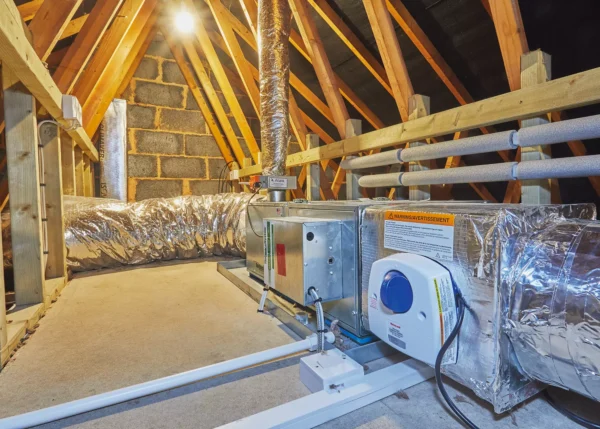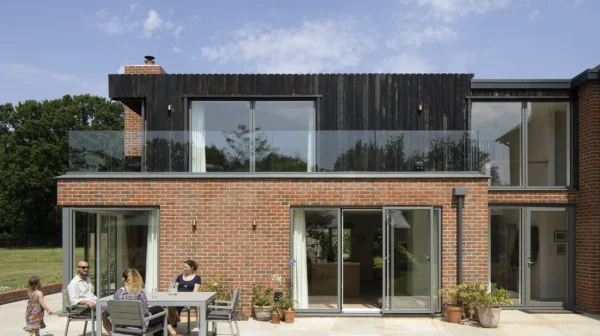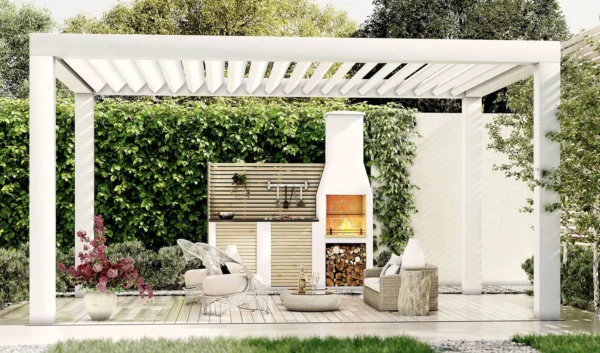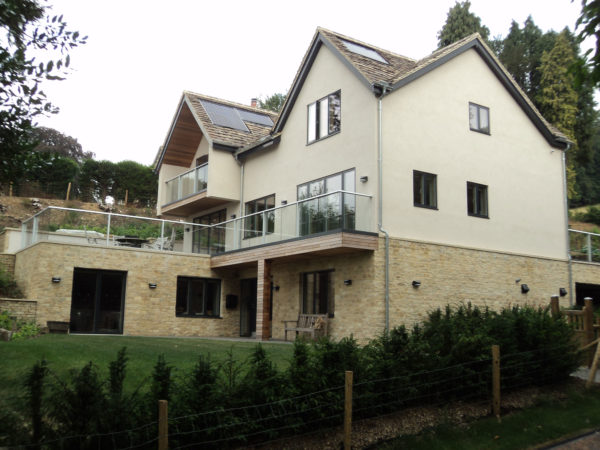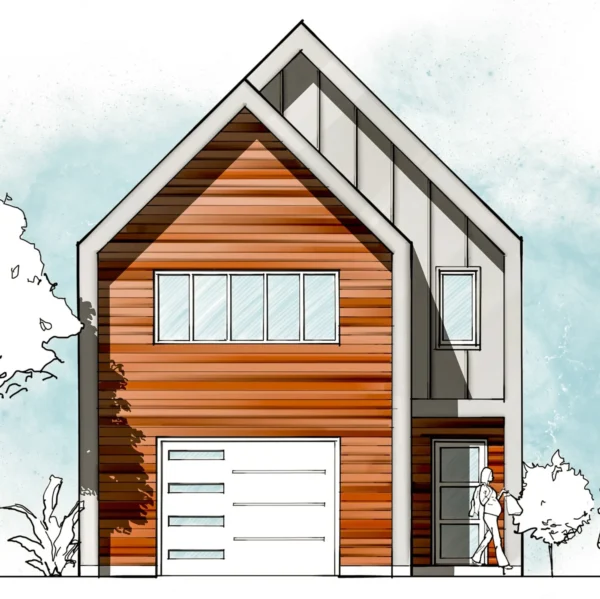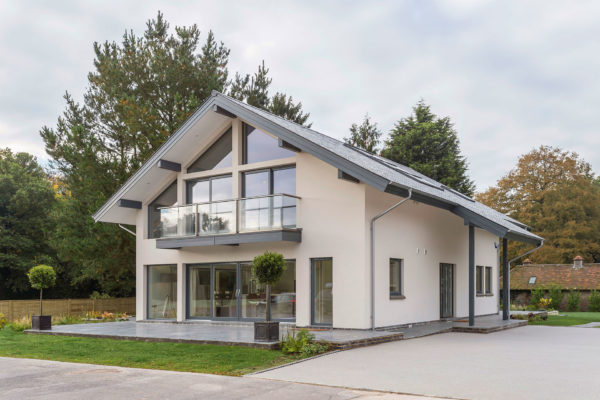How Will the UK General Election Impact the Future of Housebuilding and Self & Custom Build?
The UK general election will take place on Thursday 4th July. The housing crisis is a pressing issue, and each party has stated how they wish to improve housebuilding developments and activities to ensure access to new homes.
If there’s one thing all the major parties agree on, it’s that this country faces a housing crisis. Delivering new build housing that offers quality, choice and the right homes in the right places is key to ensuring the UK can emerge from it. This will undoubtedly require a multi-pronged approach – including addressing planning hurdles, making development land available and addressing the mismatch between consumer demand for quality homes and what’s actually being delivered.
So, what can we expect from the different parties if they’re elected to govern on 4th July? Here’s an overview of what each of them have set out in their policies:
Housing delivery: How many new houses is each party aiming to build?
Conservative Party – 1.6 million new homes within next Parliament
The Conservatives have stated they’ll aim to build 1.6 million homes within the next Parliament (typically 5 years) but aren’t seeing this as a mandatory housing target. Their manifesto states “we will deliver a secure future for communities by giving more people a better chance of living where they would like – near their family, friends and job.”
Green Party – No specific target
The Green Party hasn’t set a total figure for housebuilding, but has pledged to provide 150,000 new social homes per year through a mixture of new build, refurbishment of older housing stock and a community right to buy for local authorities.
Labour Party – 1.5 million new homes within next Parliament
The Labour Party has made its ambition to “Get Britain Building Again” a key tenant of its election policy, stating that the dream of homeownership is now out of reach for too many young people. Its 1.5m new homes pledge for the next Parliament will be made a mandatory target in the National Planning Policy Framework (NPPF), and includes plans for a “next generation of new towns.”
Liberal Democrats – 380,000 new homes per year
A hugely ambitious target that equates to 1.9 million newly built homes over the next Parliament. This includes 150,000 social homes per annum.
Reform UK – No specific target
While Reform’s “Our Contract with You” doesn’t set a target, it has pledged to “unleash house-building across the country, prioritising local people and those who have paid into the system for social housing.”

Photo: iStock Natee Meepian
Self build & custom build: Has self build and owner-commissioned housing been acknowledged?
Conservative – Yes
Thanks in no small part to support from Richard Bacon MP (who is standing down at this election), the Tories have been proactive in supporting the self and custom build sector. This is continued in their manifesto, which states “we will support those who want to build or commission their own home by making the planning process simpler, while also supporting more community housing schemes.”
Everyone else – No
While none of the other parties mention self build, custom build or owner-commissioned homes in their manifestos, several of them do have a track record of promoting the sector.
For instance, at its party conference last autumn, the Lib Dems acknowledge “the UK is an outliner in Europe for low levels of self-build homes”, and indicated “we want to encourage more self-build housing” – albeit it appears they would aim to remove current exemptions from Section 106 affordable housing and Community Infrastructure Levy (CIL) contributions.
Initiated by then Leader of the Opposition Ed Miliband, the Lyons Housing Review indicated Labour believed there to be “some scope for self- and custom-building to increase over time its prevalence in the UK to the sort of levels seen in European countries.” It has, however, made little public comment since.
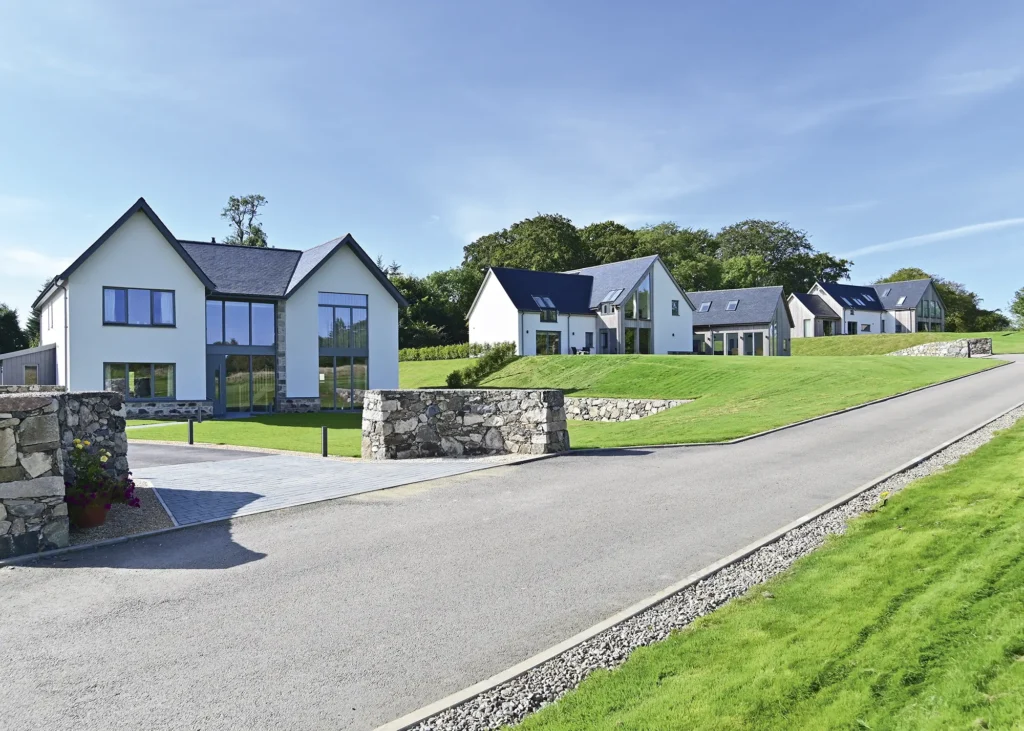
Cairnrowan Custom Homes won the 2023 Build It Award for Best Custom Build Model for their Meldrum House Estate Development
Building plots: What have the election candidates said about releasing more land for self build and wider housing development?
Conservative – Brownfield first approach
The Conservatives aim to deliver “a record number of homes each year on brownfield land in urban areas”. The manifesto states they’ll do this by “providing a fast-track route through the planning system for new homes on previously developed land in the 20 largest cities”, using strong design codes to enable gentle densification. Green belt will remain untouched, as the Tories have pledged to retain their “cast-iron commitment to protect the green belt.”
One interesting proposal is to support local and smaller builders “by requiring councils to set land aside for them, and lifting Section 106 burdens on smaller sites.” This policy has a ring of the Right to Build about it (the law that requires councils to measure and satisfy demand for self and custom build in their areas).
Green – Right homes, right place, right price
This policy aims to protect valuable green space, while bringing local authorities and national government together to deliver homes people can afford to rent or buy, where they’re needed. This includes requiring local authorities to spread small developments across their areas.
Labour – New ‘grey belt’ designation & brownfield priority
As with the Tories, Labour’s manifesto states it will take a brownfield-first approach, prioritising development of previously used land where possible. Urban brownfield sites will be fast-tracked.
Outside of urban areas, however, Labour intends to take a “more strategic approach” to green belt designation and land release, aiming to “build more homes in the right places”.
A new grey belt classification will be the linchpin of this policy, earmarking lower-quality green belt land as suitable for development – while maintaining protections in high-quality areas. An as-yet unknown set of “golden rules” would ensure development benefits communities and nature.
Build It believes this could open the door for more edge-of-settlement development, which may unlock plots for self builders to create quality homes communities will welcome.
Lib Dem – New garden cities, brownfield focus & use-it-or-lose-it planning
The Lib Dems intend to build 10 new garden cities, although this may have little impact on the self and custom housebuilding market.
Of more relevance are policies related to financial incentives for developing brownfield sites; a use-it-or-lose-it planning permission for developers who refuse to build; and expanding Neighbourhood Planning across England to encourage more community-focussed development.
Reform – No specific mention.
Planning reform: How does each party intend to streamline planning permission in the UK?
Conservative – Introduce reforms to red tape
The government updated the National Planning Policy Framework in December 2023, so it’s perhaps no surprise that this aspect gets little mention in the 2024 manifesto. However, a section focussed on infrastructure delivery includes a pledge to “introduce reforms to outdated EU red tape to better protect nature while enabling the building of new homes, new prisons and new energy schemes.”
Green – No specific mention
Labour – Planning reform blitz
The opposition has put a housing recovery plan front and centre in its manifesto, starting with an immediate update of the National Planning Policy Framework to “undo damaging Conservative changes, including restoring mandatory housing targets.”
Other key pledges include funding for additional planning officers – which it intends to pay for by increasing Stamp Duty for non-UK residents – the introduction of “planning passports” to fast-track brownfield land, and a strengthening of the presumption in favour of sustainable development.
Lib Dem – Properly fund planning departments & expand Neighbourhood Planning
Recognising local authority planning departments are under-resourced, the Lib Dems intend to “improve planning outcomes… by allowing local authorities to set their own fees.”
Reform – Review the planning system
Our Contract with You is particularly forthright about the housing crisis, and sets out a review that would deliver “fast-track planning and tax incentives for development of brownfield sites.”
It also promises the creation of a “loose fit planning policy for large residential developments, with pre-approved guidelines and developer requirements.” This may be a similar idea to the design codes the Conservatives intend to use on brownfield sites.
Home energy: What might change in terms of the eco standards for new & existing homes?
Conservatives – No specific mention
Perhaps a tough one for the Tories to address in their manifesto, given they are already consulting on a Future Homes Standard that clarifies much of their plan for the immediate future. Recent changes to the Conservatives’ energy policies – such as delaying the gas boiler ban – are much-documented. The government has introduced VAT exemptions for some energy saving technologies, and its Boiler Upgrade Scheme (encouraging heat pump uptake) is beginning to gain traction.
Green – Warm, secure & affordable homes
As part of its bid to provide “fairer, greener homes for all” the Green Party wants to ensure that “all new homes meet Passivhaus or equivalent standards and house builders include solar panels and heat pumps on all new homes, where appropriate.”
Solar panels have many advantages, but as with our critique above, it’s not clear that they benefit every property. Heat pumps are likely to become a requirement under existing government proposals for the Future Homes Standard (which currently looks set to prevent new connections to the gas grid).
The Greens also intend to push for a “local authority-led, street-by-street retrofit programme to insulate our homes, provide clean heat and start to adapt our buildings to more extreme climate conditions.” This includes a goal of £29bn investment over five years to insulate existing homes to EPC B-rating or above, and £9bn over five years for low-carbon heating systems.

If your air source heat pump is located near a boundary, it could pay to invest in a low-noise model, such as the Quiet Mark-certified Aerona3 R32 13kW air source heat pump from Grant UK
Labour – Warm homes plan
The party is pledging to invest an extra £6.6bn over the next Parliament to upgrade the energy performance of five million homes, via grants and low-interest loans. Supported measures are likely to include insulation, solar panels, batteries and low-carbon heating systems.
Labour’s manifesto also calls for “exemplary development to be the norm not the exception” and pledges steps to “ensure we are building more high-quality, well-designed and sustainable homes, and creating places that increase climate resilience and promote nature recovery.”
Lib Dem – Zero-carbon homes & 10-year insulation programme
Making homes warmer and cheaper heat is a specific focus of the Lib Dem manifesto, which also sets an ambition to achieve net zero by 2045 (five years ahead of internationally agreed targets).
It intends to deliver this by “immediately requiring all new homes and non-domestic buildings to be built to a zero-carbon standard, including being fitted with solar panels.” Further changes would come as technology improves. Given the UK continues to transition to lower-carbon electricity from the national grid, whether it makes sense to mandate solar panels on individual developments is open to conjecture.
The Lib Dems also intend to deliver a 10-year emergency upgrade programme for existing homes.
Reform – Scrap net zero
Our Contract with You sets out Reform’s ambition to scrap energy levies and net zero targets, which it believes will save homeowners £500 per year on energy bills.
Nutrient neutrality: How do the parties plan to address this issue, which is blocking planning permissions in some parts of the UK?
What initially appeared to be a legislative quirk, based on a 2017 EU law, has caused significant issues for new build housing – blocking development in 74 councils, despite government efforts to scrap nutrient neutrality rules.
Conservative – Abolish nutrient neutrality rules
Nutrient neutrality takes pride of place as the very first point on housing in the Conservative manifesto, with a pledge to abolish “legacy EU nutrient neutrality rules” and in doing so “immediately unlock the building of 100,000 new homes with local consent.” Developers would be required to pay a one-of mitigation fee.
Green – Strengthen nature protection
The Greens’ manifesto doesn’t address nutrient neutrality, but does focus on “bringing nature back to life” and protecting waterways.
Labour – Unlock new homes while preserving the natural environment
The party believes it can “implement solutions to unlock the building of homes affected by nutrient neutrality without weakening environmental protections” but has given scant detail about how this will be achieved.
Lib Dem – Not mentioned in manifesto
The Lib Dems haven’t set out a definitive stance on nutrient neutrality, but did vote to block controversial measures aimed at scrapping the rules in order to unlock planning permissions in a Commons vote in September 2023. They’ve pledged to support farmers in helping to reduce pollution of waterways.
Reform – Scrap EU legislation
This core first 100 days pledge would instantly remove the link to EU law – although there would still need to be a process of amending the UK legislation, and to our knowledge Reform hasn’t indicated whether nutrient neutrality is a priority.



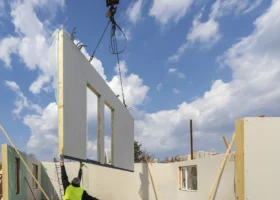
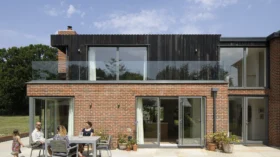
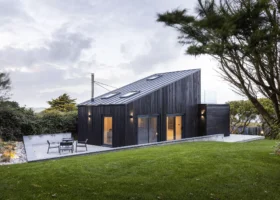
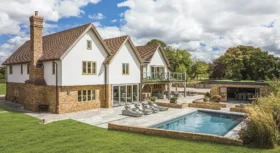
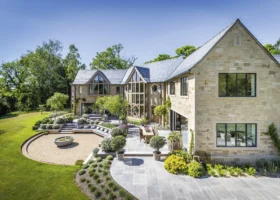
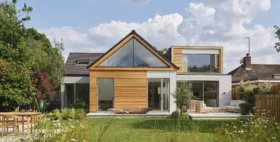
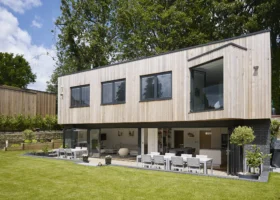

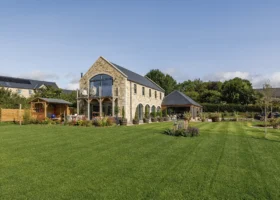

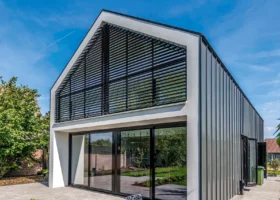

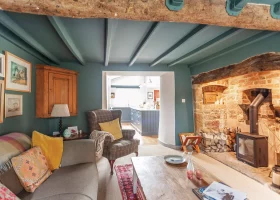
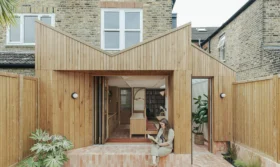
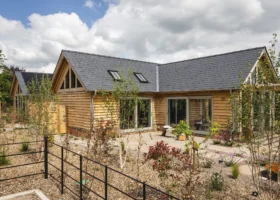
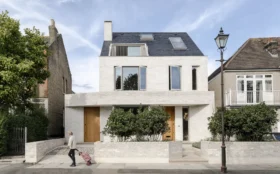

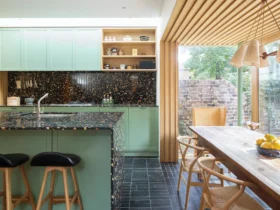


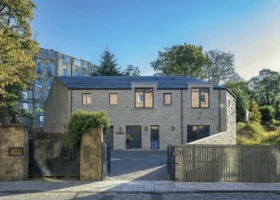
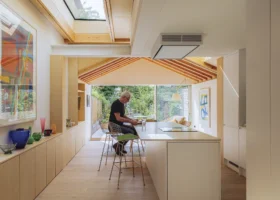
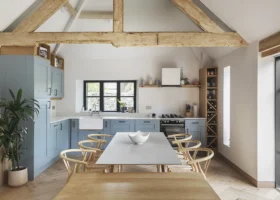
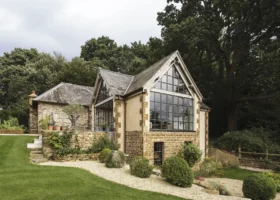
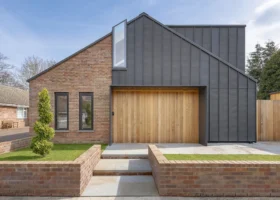
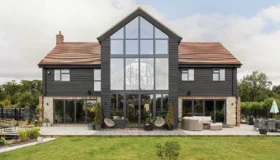
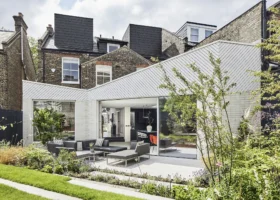
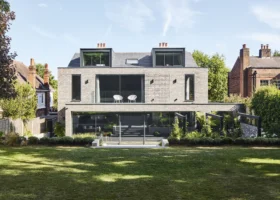
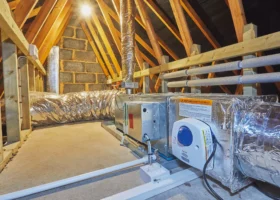
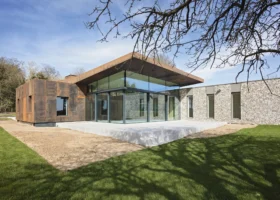
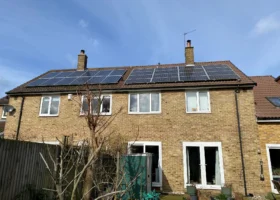
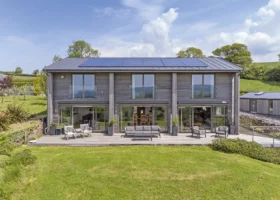
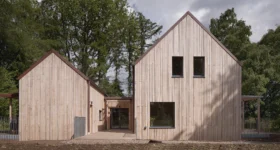
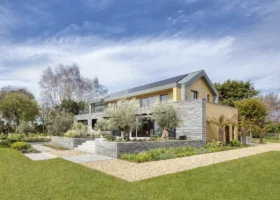
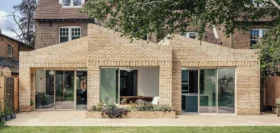
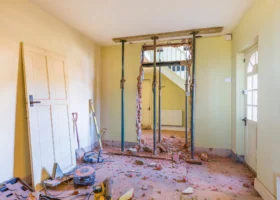
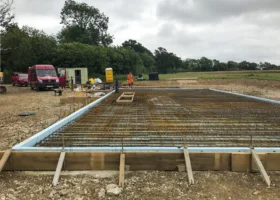
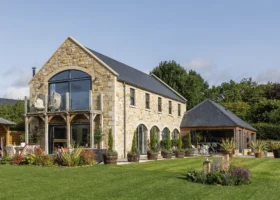
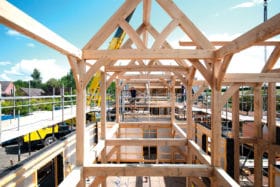
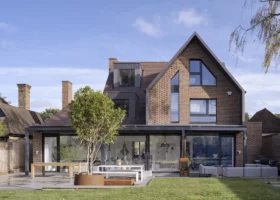
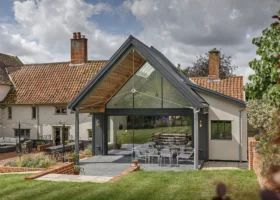
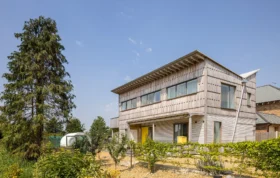
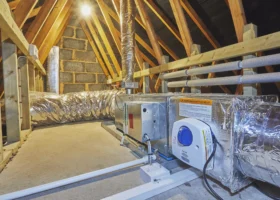
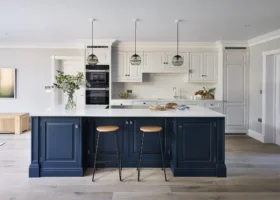
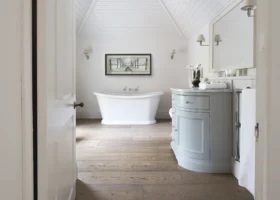
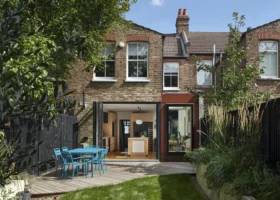


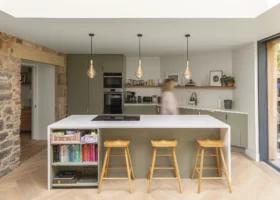
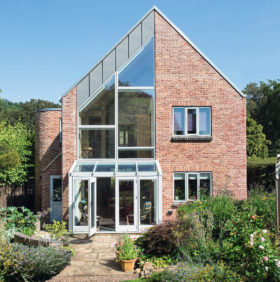
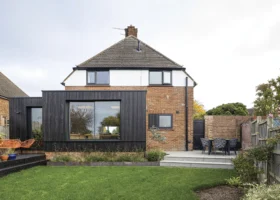
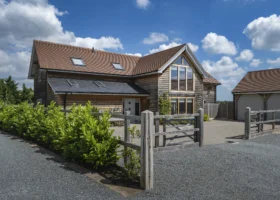
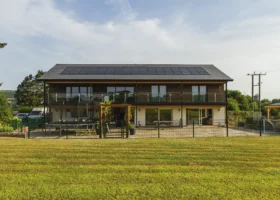
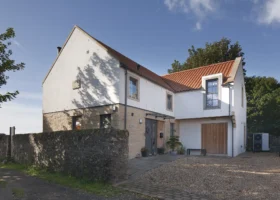


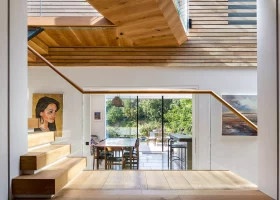
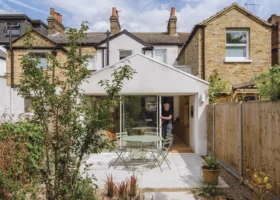

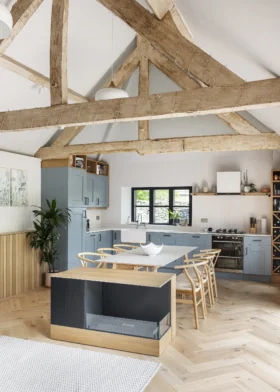
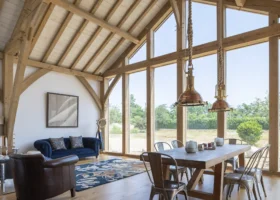










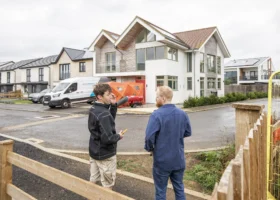








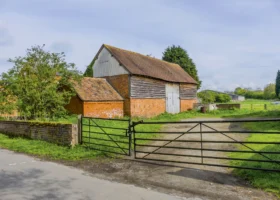
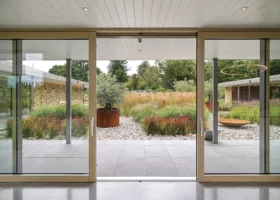


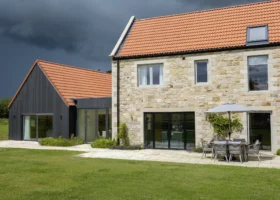
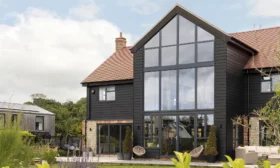
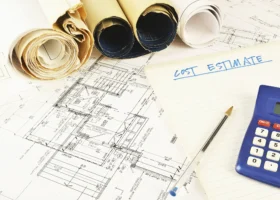

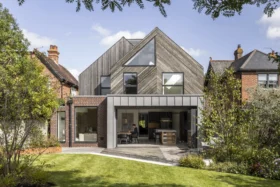









 Login/register to save Article for later
Login/register to save Article for later


